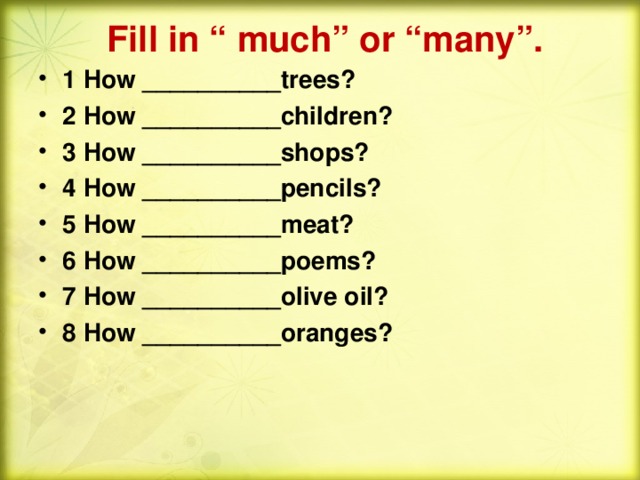Understanding high mileage and high hours on ATVs and UTVs is crucial to buying or selling a used vehicle. There isn’t an easy answer, so read this post to prepare yourself for a great purchase.
Like cars, ATVs that have been driven more miles have seen more action and have less life left in them, but ATVs and UTVs differ from cars in that you need to know the hours as well as mileage.
The ratio of miles to hours can indicate how the previous owner rode their vehicle, so you need to notice both numbers and compare them. If the ATV has high mileage but a small number of hours, they probably rode very fast and maybe recklessly. You would need to ask them about that. If the ATV has low mileage and many hours, this ATV was probably used for hauling or in tough terrain where their speed had to remain low. How bad that is depends on well the vehicle was maintained.
15 miles to 1 hours is the ideal hours to miles ratio on ATVs.
Truthfully, the most important thing you need to know is how the ATV or UTV was ridden and how it was cared for.
ATVs are intended to last 10 years or 10,000 miles. If they’re well cared for, they might last longer.
How long an ATV actually lasts varies greatly depending on the quality of the vehicle, the way it was ridden, and how it was maintained.
Some are useless after 100 hours, because they were a cheap brand and/or the owner abused or neglected the vehicle. Some can withstand harsh, truly harsh environments.
For hardcore riding, don't forget about your own safety and comfort. Opt for specialized ATV/UTV breathable waders. Multi-layer membrane fabric, extra reinforcement in high-stress areas and dirt-repellent coating are a perfect combo for off-road hazards.
If you’re buying a used ATV, look for brand names you recognize and know are respected. This won’t answer all of your questions because someone can still run a great vehicle into the ground, but it is a crucial indicator of the original quality and expected life span of the vehicle.
This won’t answer all of your questions because someone can still run a great vehicle into the ground, but it is a crucial indicator of the original quality and expected life span of the vehicle.
This is the most important factor in the life of an ATV or UTV.
Previous owners have to have kept up with recommended service intervals, cleaned the ATV after every ride or weekend of riding, and made all necessary repairs.
Light trail riding, light to moderate farm use, and hunting, camping, or fishing trips fall in the light hours category. This puts little strain on the vehicle, so it will last a longer period of time.
Deep mudding, water use, higher than average speeds, rock climbing, and extreme hauling are hard hours that wear a vehicle out fast. It’s great fun while you’re doing it, but no one should expect these machines to last their full lifespan or to get top prices when they try to sell them.
Proper or improper storage impacts the life of the vehicle. It needs to have been stored indoors and protected from light, pests, and moisture. The area should also have been well-ventilated.
It needs to have been stored indoors and protected from light, pests, and moisture. The area should also have been well-ventilated.
When storing the ATV, the owner should also have been mindful of fluids, tire pressure, and battery tending.
As cool as modifications are, they put a strain on the machine and decrease its lifespan. Take this into consideration when determining the price of a used ATV or deciding whether to purchase it. You should also make sure any modifications were installed correctly.
Thinking strictly of ATV mileage range and hours, 500 or fewer hours is ideal. 5,000 and up is considered high miles for ATVs and UTVs.
But don’t just go for the vehicle with the fewest miles. Consider the age of the vehicle. If someone has owned an ATV and clearly rarely ridden it, it’s unlikely that it’s in great shape after spending that much time in storage. Alternatively, it could tip you off that they’re lying.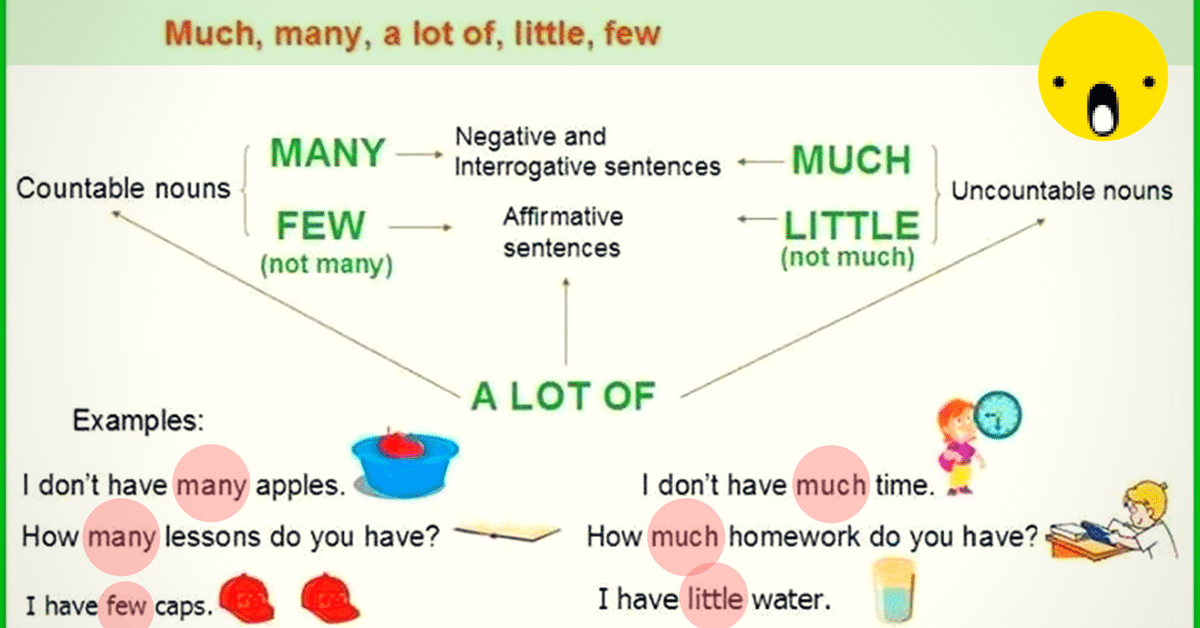
Follow this plan.
First, ask the owner to make sure not to have the engine running when you arrive and/or notice whether it’s running when you arrive. This is a common tactic to hide that an engine doesn’t want to start.
Next, ask the owner questions about their use of the vehicle, maintenance done on the vehicle, and storage. Consider whether they seem trustworthy.
Ask to inspect the ATV or UTV, and test drive the vehicle.
No reputable seller should mind you taking any of these steps.
Once you know the hours, mileage, and the way the machine’s been cared for, think of the price. If you have the money and the ATV with fewer miles and hours seems like it’s been well cared for, go ahead and pay what seems reasonable. But don’t necessarily rule out buying a high mileage four-wheeler or one that’s done a lot of hours. A properly cared for quality brand of ATV might still be a worthwhile purchase, if it fits those criteria and you don’t spend much on it.
Consider how much is being asked and compare your budget and the likelihood of repairs or replacing it. You can get the best possible deal on a machine needs that some love by buying a salvage ATV. You can expect to probably need to invest in repairs and replacement in the future, but you won’t spend much on it so you can better afford the maintenance and repairs.
Routinely grease the ATV or UTV to protect it from water, dirt, mud, and more.
Clean the ATV or UTV regularly. This means you wash all mud, dirt, and bug parts off of the frame, clean the radiator, and maintain the filters.
Stick to maintenance schedules like your oil and coolant changes.
Make sure you adhere to proper storage procedures.
ENDURO Graphite
the most durable
279 EUR
ENDURO Camogrey
the most durable
279 EUR
-30%
SPEEDMASTER-ZIP Camolightgrey
with central zipper
419 EUR
293. 30 EUR
30 EUR
SPEEDMASTER-ZIP Camoarmy
with central zipper
479 EUR
NEW
SPEEDMASTER Camoarmy
the most advanced
319 EUR
NEW
SPEEDMASTER Camoarctic
the most advanced
319 EUR
HIT
AQUAMASTER Blue
reliability & comfort
299 EUR
HIT
AQUAMASTER Red
reliability & comfort
299 EUR
NEW
SPEEDMASTER Camolightgrey
the most advanced
299 EUR
SPEEDMASTER-ZIP Graphite
with central zipper
479 EUR
Explore all
Select a country
United States | Canada | Germany | Lithuania | Latvia | Estonia
Afghanistan
Albania
Algeria
Andorra
Angola
Anguilla
Antarctica
Antigua and Barbuda
Argentina
Armenia
Aruba
Australia
Austria
Azerbaijan
show more
Bahamas
Bahrain
Bangladesh
Barbados
Belarus
Belgium
Belize
Benin
Bermuda
Bhutan
Bolivia
Bosnia and Herzegowina
Botswana
Bouvet Island
Brazil
British Indian Ocean Territory
British Virgin Islands
Brunei Darussalam
Bulgaria
Burkina Faso
Burundi
show more
Cambodia
Cameroon
Canada
Cape Verde
Cayman Islands
Central African Republic
Chad
Chile
China
Christmas Island
Cocos Islands
Colombia
Comoros
Congo
Cook Islands
Costa Rica
Cote D'ivoire
Croatia
Cuba
Cyprus
Czechia
show more
Denmark
Djibouti
Dominica
Dominican Republic
East Timor
Ecuador
Egypt
El Salvador
Equatorial Guinea
Eritrea
Estonia
Ethiopia
show more
Faeroe Islands
Falkland Islands
Fiji
Finland
France
French Antarctic
French Guiana
French Polynesia
show more
Gabon
Gambia
Georgia
Germany
Ghana
Gibraltar
Greece
Greenland
Grenada
Guadeloupe
Guatemala
Guinea
Guinea-bissau
Guyana
show more
Haiti
Heard and McDonald Islands
Honduras
Hong Kong
Hungary
Iceland
India
Indonesia
Iran
Iraq
Ireland
Israel
Italy
show more
Jamaica
Japan
Jordan
Kazakhstan
Kenya
Kiribati
Korea (North)
Korea (South)
Kuwait
Kyrgyzstan
show more
Laos
Latvia
Lebanon
Lesotho
Liberia
Libya
Liechtenstein
Lithuania
Luxembourg
show more
Macau
Macedonia
Madagascar
Malawi
Malaysia
Maldives
Mali
Malta
Marshall Islands
Martinique
Mauritania
Mauritius
Mayotte
Mexico
Micronesia
Moldova
Monaco
Mongolia
Montenegro
Montserrat
Morocco
Mozambique
Myanmar
show more
Namibia
Nauru
Nepal
Netherlands
Netherlands Antilles
New Caledonia
New Zealand
Nicaragua
Niger
Nigeria
Niue
Norfolk Island
Norway
show more
Pakistan
Palau
Palestine
Panama
Papua New Guinea
Paraguay
Peru
Philippines
Pitcairn Islands
Poland
Portugal
Puerto Rico
show more
Reunion
Romania
Russia
Rwanda
Saint Helena
Saint Kitts and Nevis
Saint Lucia
Saint Vincent and the Grenadines
Saint-Pierre and Miquelon
Samoa
San Marino
Saudi Arabia
Senegal
Serbia
Seychelles
Sierra Leone
Singapore
Slovakia
Slovenia
Solomon Islands
Somalia
South African Republic
South Georgia and the South Sandwich Islands
Spain
Sri Lanka
Sudan
Suriname
Svalbard and Jan Mayen Islands
Swaziland
Sweden
Switzerland
Syria
show more
Taiwan
Tajikistan
Tanzania
Thailand
Togo
Tokelau
Tonga
Trinidad and Tobago
Tunisia
Turkey
Turkmenistan
Turks Caicos Islands
Tuvalu
show more
U. S. Virgin Islands
S. Virgin Islands
United States
Uganda
Ukraine
United Arab Emirates
United Kingdom
Uruguay
Uzbekistan
show more
Vanuatu
Vatican City
Venezuela
Viet Nam
Wallis and Futuna Islands
Western Sahara
Zaire
Zambia
Zimbabwe
{{#DETAIL_PAGE_URL}} {{SECTION_NAME}} {{NAME}} {{/DETAIL_PAGE_URL}}
Color: {{COLOR}}
{{#IS_SIZE}} Size: {{{SIZE}}} {{/IS_SIZE}}
Quantity:
Only {{AVAILABLE_QUANTITY}} left
{{#SHOW_DISCOUNT_PRICE}}
{{{SUM_FULL_PRICE_FORMATED}}}
{{/SHOW_DISCOUNT_PRICE}}
{{{SUM_PRICE_FORMATED}}}
{{/GIFT}} {{#GIFT}}
{{/GIFT}} {{/EMPTY_BASKET}} {{#EMPTY_BASKET}}
Your basket is empty
{{/EMPTY_BASKET}}
{{/FREE_SHIPPING}} {{#FREE_SHIPPING}}Free shipping available
{{/FREE_SHIPPING}}{{^FREE_SHIPPING}}
{{{FREE_SHIPPING_PERCENT}}}%
{{/FREE_SHIPPING}}
{{{FREE_SHIPPING_PRICE}}}
CHECKOUT {{{PRICE_FORMATED}}}
{{/EMPTY_BASKET}} {{#EMPTY_BASKET}} {{/EMPTY_BASKET}}Continue shopping
Your cart:
Your basket is empty
Generally, an ATV is considered "multi-mile" when it reaches about 10,000 miles . However, more important is how it was looked after and how it was driven by the previous owner. Even with 10,000 miles on it, if the previous owner put the time and effort into caring for the ATV, there could still be a lot of life left in the car.
However, more important is how it was looked after and how it was driven by the previous owner. Even with 10,000 miles on it, if the previous owner put the time and effort into caring for the ATV, there could still be a lot of life left in the car.
Accordingly, which is better Honda or Polaris ATV? Honda is known for its reliability, ease of operation, excellent ride quality, driver comfort and agility. Polaris is softer than glass in rough terrain. , it has great power, EBS works great, it's very comfortable to ride, and the power steering is top notch.
How many kilometers can an ATV travel on one tank of gasoline? A 5.4 gallon ATV tanker can drive 108 miles averaging 20mpg. Factors affecting gas mileage: ATV type and age, tank size, weight, throttle, terrain, tires, engine size, carburetor, and maintenance. To make sure you don't run out of gas, check your 4-wheeler before you travel and take extra gas with you.
Also, how do you convert ATV hours to miles?
Multiply the number of hours your engine has been running by 60. . Use the resulting number to estimate how many miles your engine has. For example, 1,235 hours on the engine equates to approximately 74,100 miles.
. Use the resulting number to estimate how many miles your engine has. For example, 1,235 hours on the engine equates to approximately 74,100 miles.
ATV tires typically last as little as a few hundred to 4-5000 miles and over . Their life depends on the surface you ride on, the style of the tires, the hardness and quality of the rubber, age and a number of other factors. Expect 1-2 years if you drive a lot on the roads, or 5-10 years if you stay off the roads.
Are Polaris ATVs junk? Are Polaris ATVs junk? Polaris easily competes with any other ATV manufacturer. They make good ATVs, people just like different things. This works the same for other vehicles, cars, trucks, etc. You will get soy from every brand that has its own issues, but it doesn't. they are all garbage .
Do ATVs retain their value? The cost of ATVs does not drop much over time. after a few years their value remains unchanged . Most ATVs lose their original value 3-4 years after first use, and some models lose up to 30% of their base value, but the good thing is that after this period, their prices are mostly the same.
Most ATVs lose their original value 3-4 years after first use, and some models lose up to 30% of their base value, but the good thing is that after this period, their prices are mostly the same.
Why are Honda ATVs the best? Honda ATVs have earned a reputation for performance and reliability. Thanks to the explosion-proof transmission and metal gears instead of belts, this brand of ATVs can withstand heavy loads without breaking. There are The 's reliable and easy-to-use features make Honda ATVs the most popular choice among sport ATV riders.
The Ecoquad was the clear champion in fuel economy with 45.5 mpg despite spending most of its time at full throttle. The Honda followed with 32.1 mpg and the Arctic Cat diesel with 31.7 mpg, comfortably outpacing the Kymco and Polaris at 24.9.miles per gallon. The Quadzilla trailed with 18.6 mpg.
How many miles per gallon do ATVs get? How many miles per gallon can an ATV go? On average, you're looking at about 15 to 20 mpg for a new quad or one that's worn out in a couple of years.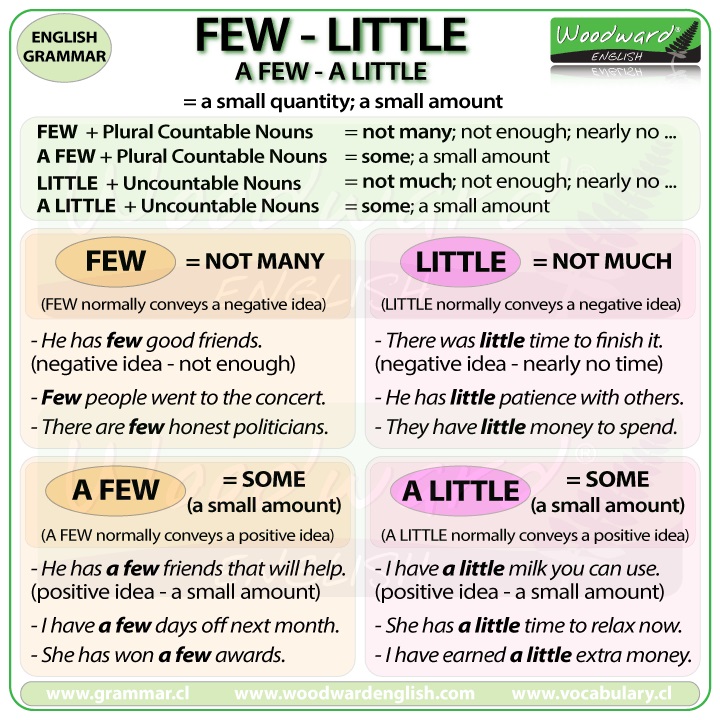 Everything will depend on how well you maintain it, and on the characteristics of the engine.
Everything will depend on how well you maintain it, and on the characteristics of the engine.
What kind of gasoline do four wheelers use?
However, most ATVs use regular 87 octane gasoline but can perform optimally with more expensive gasoline. Petrol 91 or 89 octane. . In other words, the higher the quality of the fuel, the better your engine will perform. In addition, some four-wheelers only use premium fuel.
Is 5000 hours too much? As a general rule, up to 2,500 hours is a well-run number, while 35,000-5000 hours is considered a high .
How many hours will the truck engine run? You are reducing the speed of the engine compared to driving on the wrong path because it is running at half its maximum speed. In comparison, it should probably have 3500 to 4000 hours of battery life. .
How many miles does it take to drive 2 hours?
How many hours is 2 miles?
| miles | Relaxed pace | Normal pace |
|---|---|---|
| 2 miles | 40 minutes | 30 minutes |
| 3 miles | 1 hour | 45 minutes |
| 4 miles | 1 hour, 20 minutes | 1 hour |
| 5 miles | 1 hour, 40 minutes | 1 hour, 15 minutes |
Nov 27 2021
See also
Should ATV tires spin? Multi-directional tread pattern for better grip on rocks. Multi-directional tires can be turned for even tire wear. . Multi-directional tread pattern better grips side slopes. Multi-directional tires usually stop faster than directional tires.
Multi-directional tires can be turned for even tire wear. . Multi-directional tread pattern better grips side slopes. Multi-directional tires usually stop faster than directional tires.
How often should I change the oil in my 4 Wheeler? In general, you should perform an oil change on an ATV. approximately every 100 hours of use or at least once a year .
ATV recommended normal tire pressure: 4 to 8 psi (psi).
Polaris made in China? Are Polaris parts made in China? Engines are still built in Osceola, Wisconsin. And also many parts are made in china . Just like the rest of the big names.
What should I look for in an ATV?
Who makes the motors for Polaris? All 2015 Polaris ORV lineup (Ranger, RZR, Sportsman and ACE) now equipped with ProStar 9 engines0005 .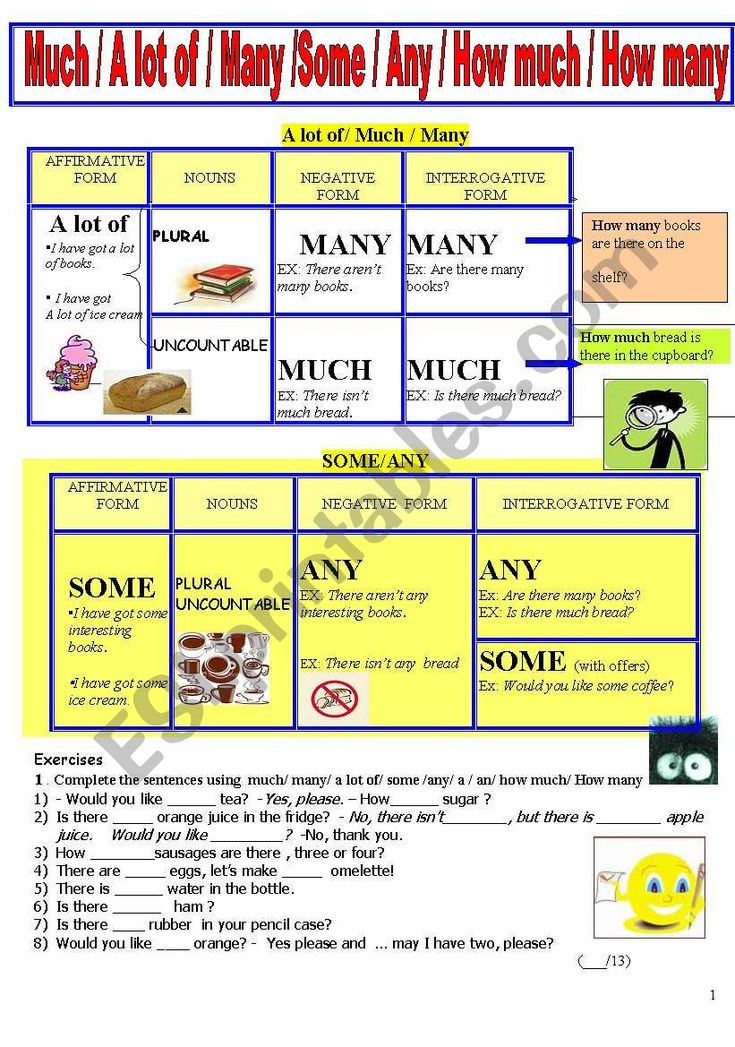 In the past, Polaris has partnered with other manufacturers (one of them was Robin/Fuji Industries) to supply engines for their ATVs and UTVs.
In the past, Polaris has partnered with other manufacturers (one of them was Robin/Fuji Industries) to supply engines for their ATVs and UTVs.
Personally, I consider an ATV, along with all ammunition and transport, if not the basis of success, then at least an integral part of goose hunting. Having in the command arsenal a prepared fleet for goose hunting, as well as the experience of using a specially prepared GAZ-66 in goose hunting for a comfortable rest in between hunts (you can read about this car here), now I would like to note how much effort it saves and how many opportunities gives our team a quad bike.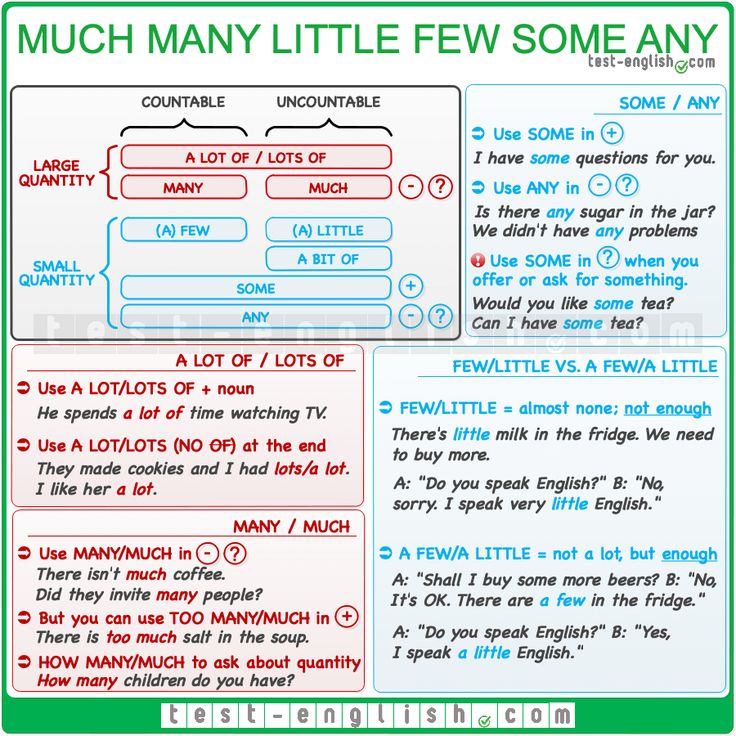
When entering impassable fields broken by spring thaw for a successful hunt, any goose hunter dreams or at least wishes that this hunt would be successful and no one would interfere with it. The lion's share of hunts, if you approach them without attention to preparation and choose a place with a very accessible entrance for transport, is spoiled by the neighboring team. Many hunters, having a great desire to get a goose, but not having the proper training and understanding of the correct hunting with a wind call, a large number of stuffed animals and ambush, try to shoot a goose, sitting on a chair in the middle of the field, blocking themselves with a burlap curtain or simply putting on a goblin suit, with large shot on a flight at exorbitant distances. Experienced goslingers often encounter such a neighborhood, which makes them look for a way to prevent such situations.
Having experience in our Vladimir region of using prepared vehicles for driving into very hard-to-reach places and a small distance from the hunting grounds to the camp, we limited ourselves in mobility. The preparation of the camp and the place of hunting require a lot of time and effort, so the hunt was done for many days in one place without adjusting for the movement of the goose. There are many advantages for the body and soul in such a hunt, but there are also significant disadvantages that we have eliminated or partially eliminated with the help of ATVs. Large prepared vehicles, as you know, are very exhausting for a hunter on large transitions from area to area: cruising speed is 50-60 km / h. If in our team we are talking about hunting in other areas, with unknown quality of the fields and an unclear situation with the bird, we put mobility and extensive reconnaissance at the forefront of success. This is where our quadrics came to the rescue.
The preparation of the camp and the place of hunting require a lot of time and effort, so the hunt was done for many days in one place without adjusting for the movement of the goose. There are many advantages for the body and soul in such a hunt, but there are also significant disadvantages that we have eliminated or partially eliminated with the help of ATVs. Large prepared vehicles, as you know, are very exhausting for a hunter on large transitions from area to area: cruising speed is 50-60 km / h. If in our team we are talking about hunting in other areas, with unknown quality of the fields and an unclear situation with the bird, we put mobility and extensive reconnaissance at the forefront of success. This is where our quadrics came to the rescue.
With them hunting is very positive, fully equipped after a long winter break. Having determined the most interesting areas of flight of the goose in other areas and choosing the access routes on the map, we are preparing for the hunt, as I say, with a swoop.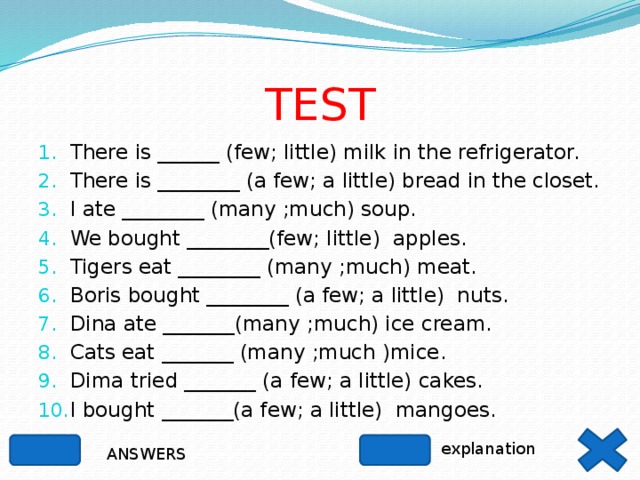 The traction car, which is maximally prepared for moving over long distances with maximum comfort for hunters, is equipped with a large trailer to accommodate an ATV and ammunition for hunting. With such a hitch, one can afford to cross long distances to search for a goose in areas unknown to the hunter. The basis of hunting is reconnaissance, and everyone knows about it. After a long time on the road and on reconnaissance before the opening of the hunt, we often find a goose on the maps of hunting grounds and, having decided to hunt, we unhook the trailers with quadrics and ammunition and go to take vouchers. This saves a lot of time: vouchers cost a lot of money, and there are a lot of districts, and often the goose moves so unpredictably that buying vouchers even in several districts is a very expensive pleasure. After determining the hunting area and acquiring permits, our assistants come into play. Preparing the quad is very simple and takes very little time: drove the quad bike out of the trailer - and it is ready for work.
The traction car, which is maximally prepared for moving over long distances with maximum comfort for hunters, is equipped with a large trailer to accommodate an ATV and ammunition for hunting. With such a hitch, one can afford to cross long distances to search for a goose in areas unknown to the hunter. The basis of hunting is reconnaissance, and everyone knows about it. After a long time on the road and on reconnaissance before the opening of the hunt, we often find a goose on the maps of hunting grounds and, having decided to hunt, we unhook the trailers with quadrics and ammunition and go to take vouchers. This saves a lot of time: vouchers cost a lot of money, and there are a lot of districts, and often the goose moves so unpredictably that buying vouchers even in several districts is a very expensive pleasure. After determining the hunting area and acquiring permits, our assistants come into play. Preparing the quad is very simple and takes very little time: drove the quad bike out of the trailer - and it is ready for work.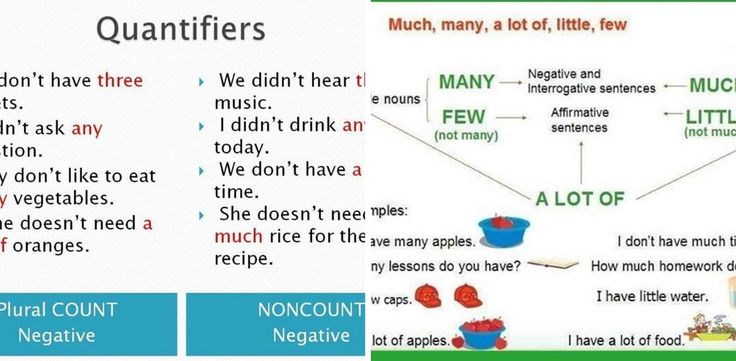
The main task of the hunter is to conduct a thorough reconnaissance of the area in which the goose is found in order to select a place for short-term hunting. It is short-term: in this case, the goose can be successfully hunted literally one, maximum two hunts. The fodder field on which the hunt took place, the shot goose changes very quickly and does not fly to it for several days. I want to say right away that our team never chooses night goose perches on the water and commercial fields for hunting. When going to the fields on ATVs, we try to comply with all written and unwritten rules for the operation of ATVs as high-risk vehicles. We exclude driving on winter fields and choose the way of travel on technical agricultural roads. An ATV in a fairly short period of time allows you to make a very high-quality reconnaissance of the area and collect as much information as possible about the places of promising hunting fields. Further, the decision on the choice of the field is made by the general decision of the team.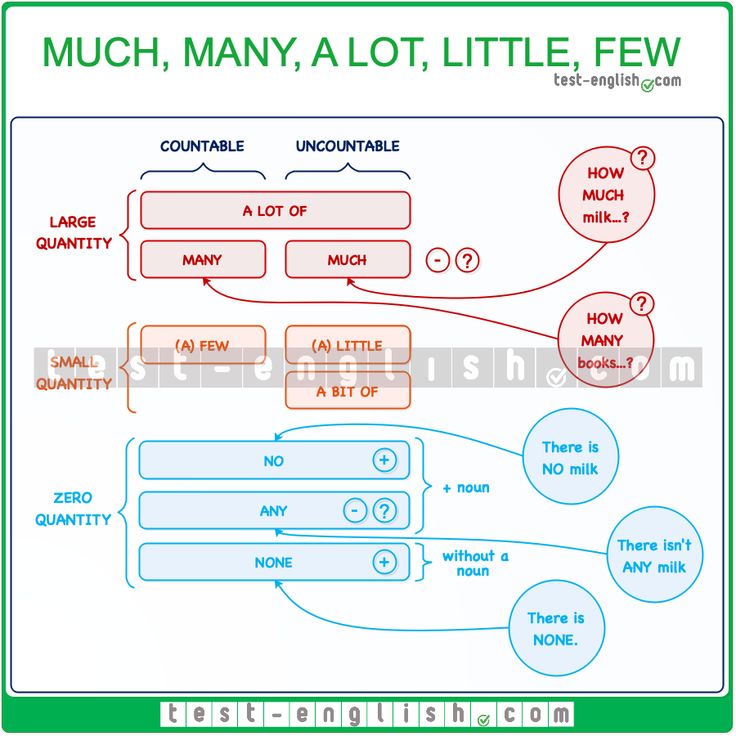 And this is where a very important phase of the hunt begins: the quality preparation of the hunting ground with the equipment of the field with recumbent ambush and the arrangement of stuffed animals and, of course, the equipment of the camp. Leaving the cars in a nearby village and agreeing with the locals on looking after the cars, we hitch the trailers to the ATVs and drive out into the fields.
And this is where a very important phase of the hunt begins: the quality preparation of the hunting ground with the equipment of the field with recumbent ambush and the arrangement of stuffed animals and, of course, the equipment of the camp. Leaving the cars in a nearby village and agreeing with the locals on looking after the cars, we hitch the trailers to the ATVs and drive out into the fields.
These four-wheeled beasts are as strong as ants, and are practically not afraid of spring thaw, if the trailers are not overloaded with belongings. Here we are helped by our many years of experience in completing the expedition with only the most necessary things for hunting and recreation. But if you don’t dissemble, then you always take more belongings than you need, from food to wardrobe. As they say in Rus', a spare pocket does not pull, but it can be difficult for an ATV to pull a loaded trailer across a muddy field. You have to distribute the load between several ATVs or leave some in the cars. Crossing the fields on reconnaissance to select a hunting place, we pay attention to the possibility of driving with a trailer, the possibility of competitors driving, the distance of the perch from the camp and the camouflage of quadrics during the hunt.
Crossing the fields on reconnaissance to select a hunting place, we pay attention to the possibility of driving with a trailer, the possibility of competitors driving, the distance of the perch from the camp and the camouflage of quadrics during the hunt.
Quadric climbs through the spring fields and mudslides very confidently, on full drive, even without blocking on arable land with two hunters, it calmly tows a trailer with a load of up to 200 kg. Arriving at the place, we very quickly arrange stuffed animals and equip hideouts, at this time some of the hunters equip the previously unloaded camp. While the preparation of the hunting place in the field is underway, the ear is already boiling in the camp. After the hunt, the team decides whether to continue hunting at this place or change the place of hunting. And here begins a new phase, which is possible only with quadrics. The first thing we do is send one hunter with binoculars to go around neighboring fields. Upon the return of the scout, based on his story, we decide to move to the camp. Immediately, part of the hunters begins to quickly collect the camp, and the second part leaves for the field to collect perch. The time savings are simply incredible. Having put skradki and stuffed animals with the camp in the trailer, we move quickly and without much loss of strength. I would like to note that we do camp crossings at night.
Immediately, part of the hunters begins to quickly collect the camp, and the second part leaves for the field to collect perch. The time savings are simply incredible. Having put skradki and stuffed animals with the camp in the trailer, we move quickly and without much loss of strength. I would like to note that we do camp crossings at night.
For multi-day and multi-year hunts with the use of ATVs, more than one hundred kilometers have been covered. There were many incidental situations, but if you put the merits of the ATV for the faithful seven-year service on one side of the scale, and the shortcomings on the other, the merits will outweigh. I am unconditionally and unshakably convinced that an ATV is an indispensable assistant for a goose. The maintenance of ATVs is very pleasing: if it were not for refueling with gasoline, then, one might say, hard workers who absolutely do not require attention to themselves. We have Yamaha ATVs, with careful attitude they serve very worthy.